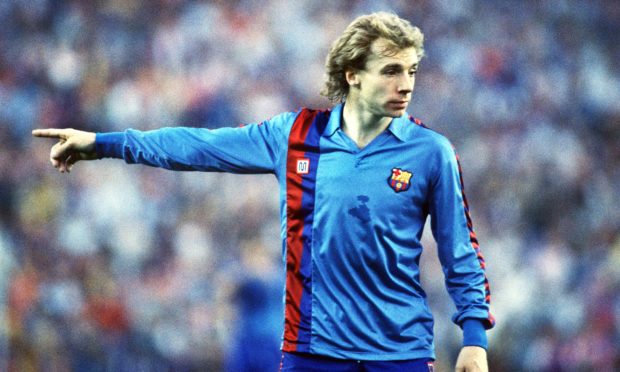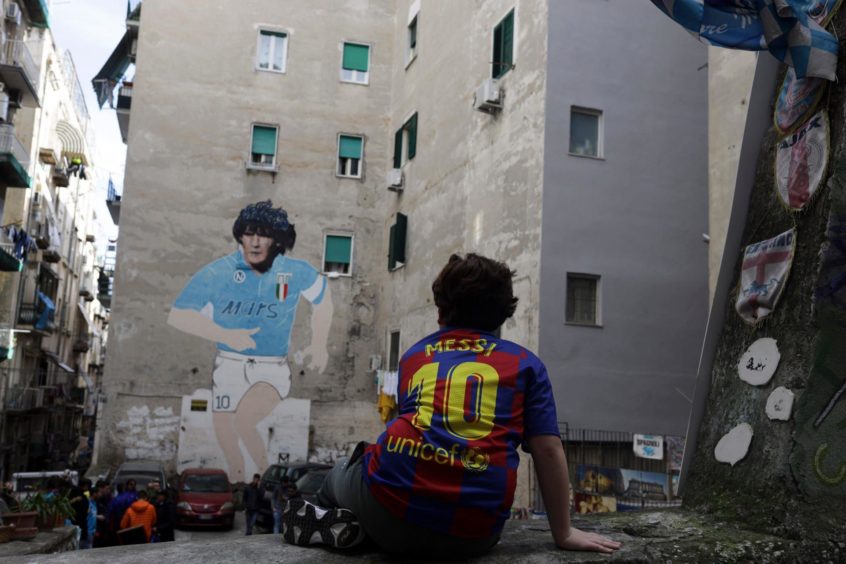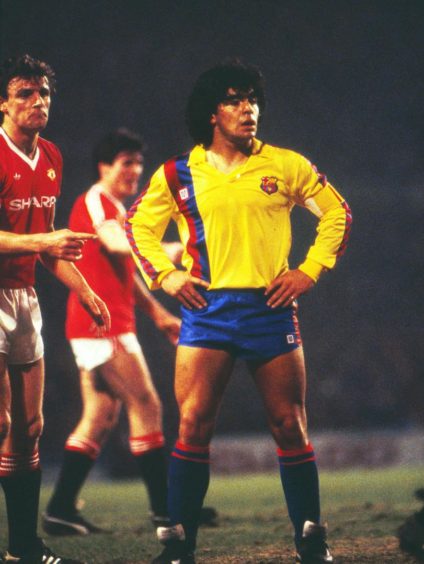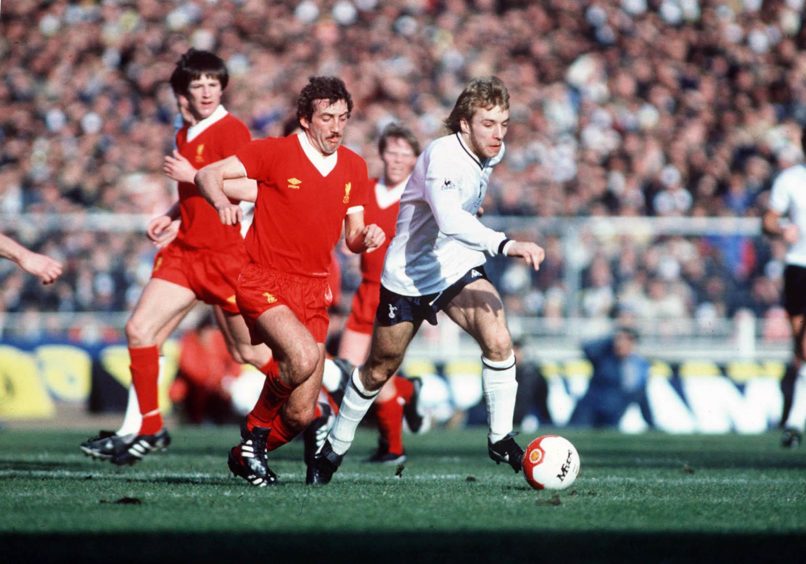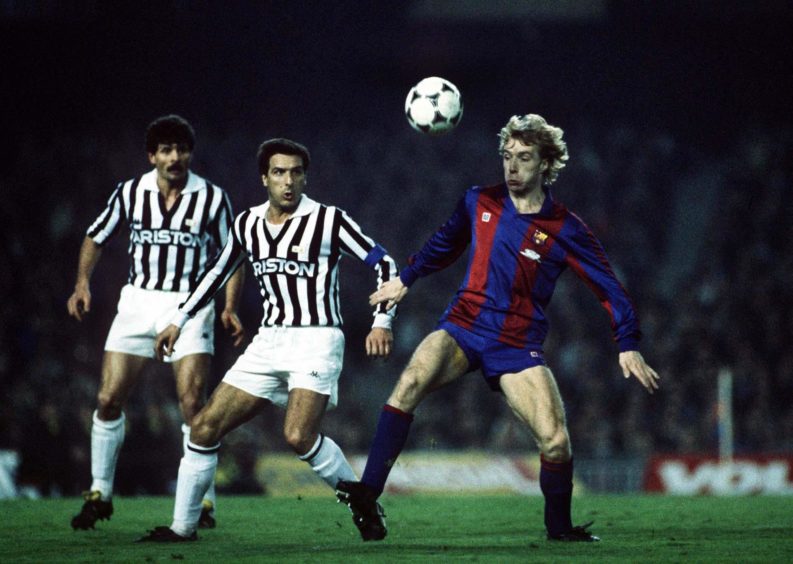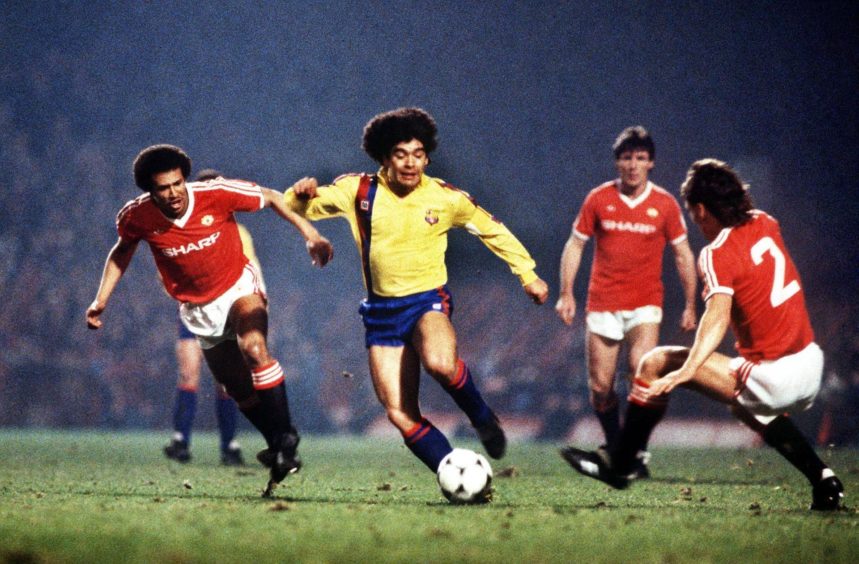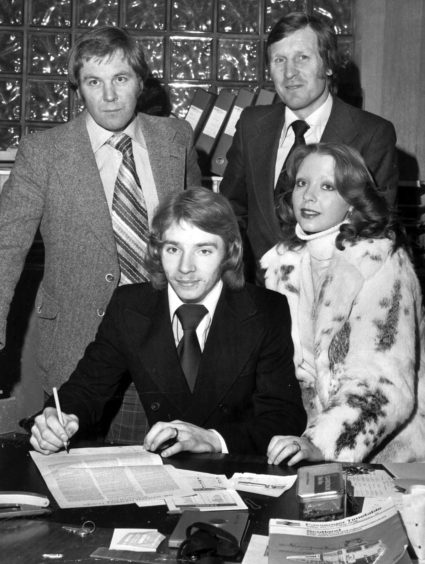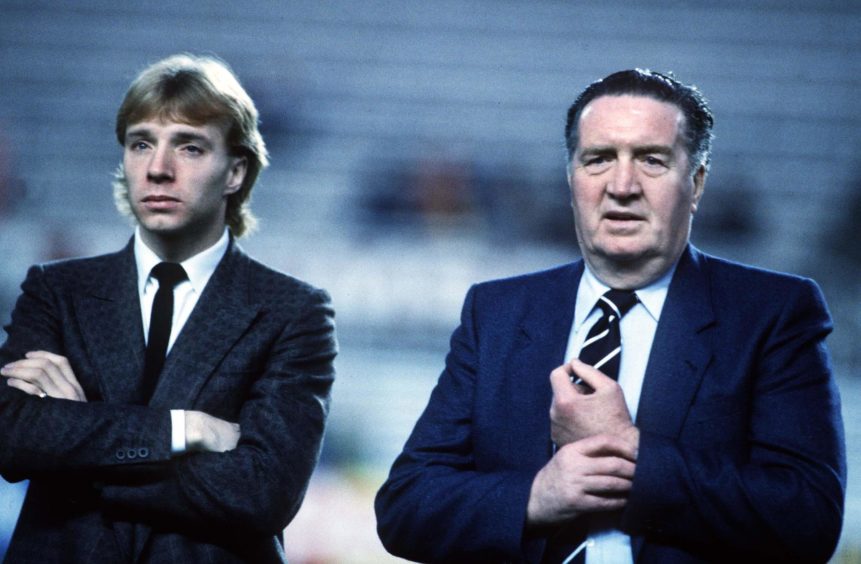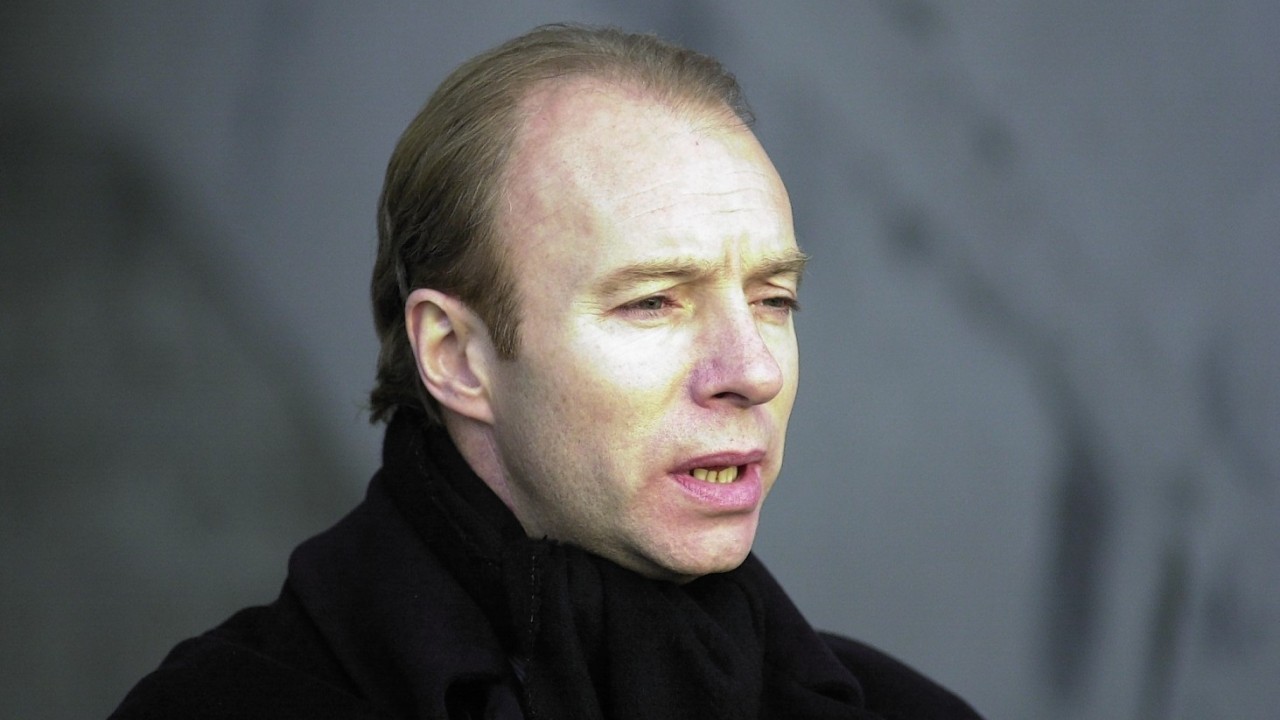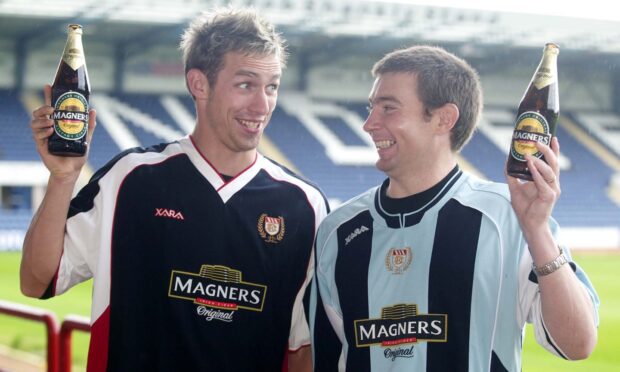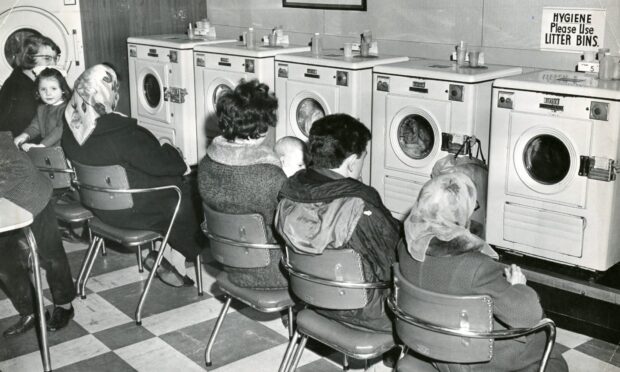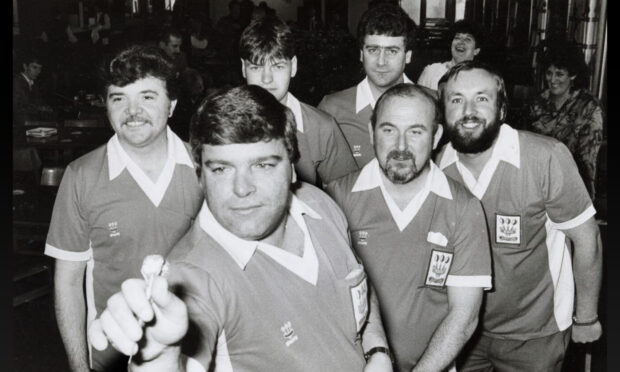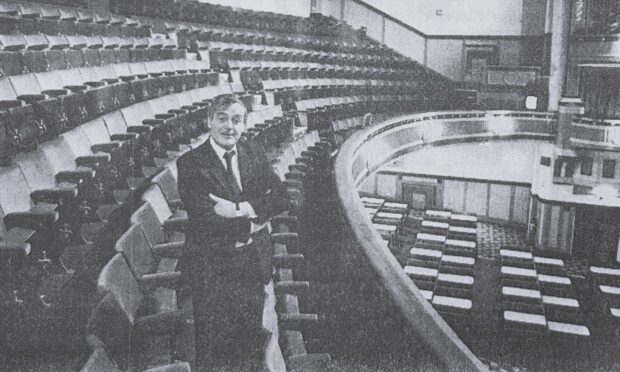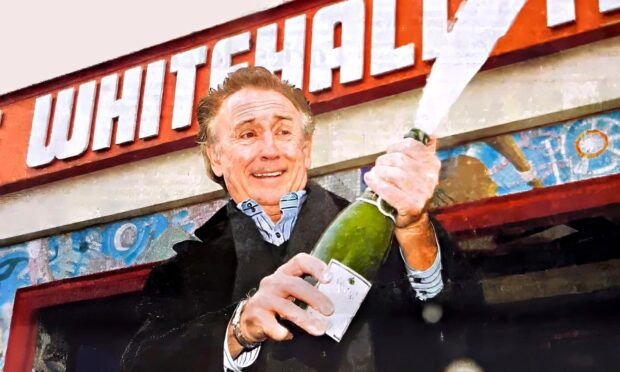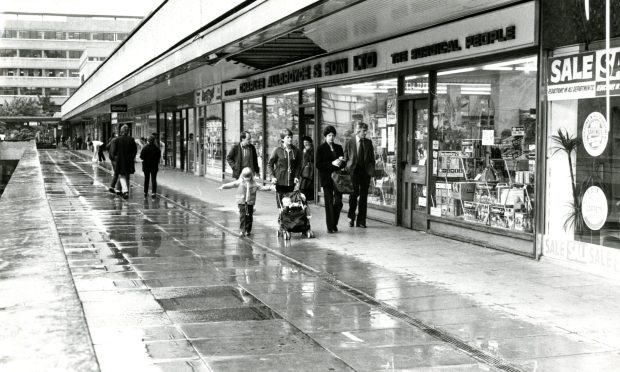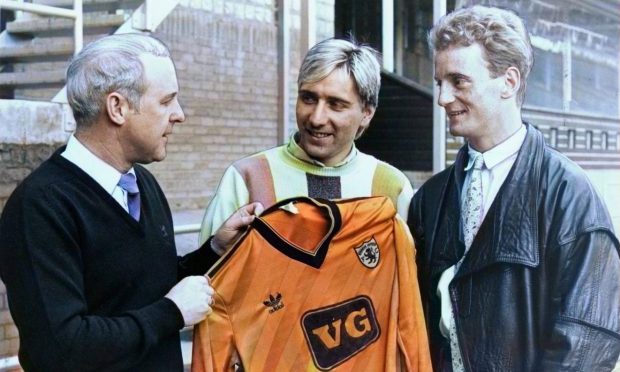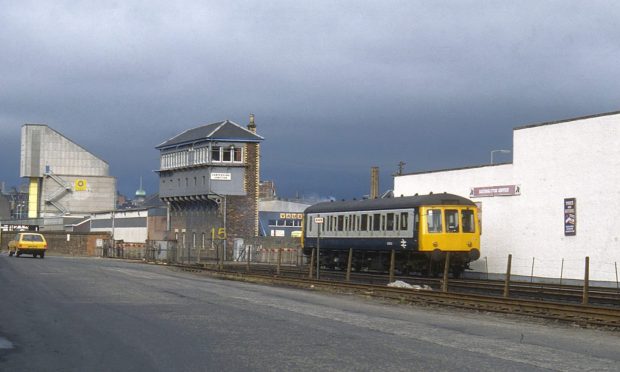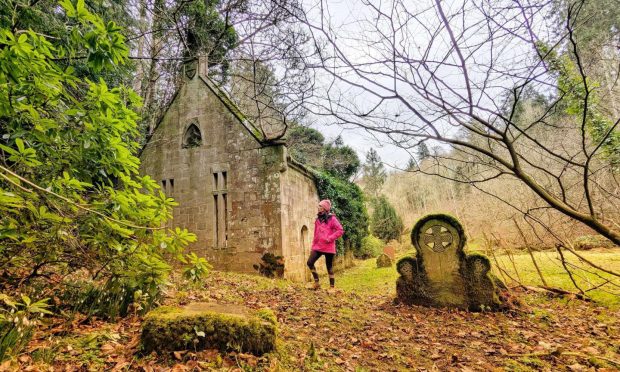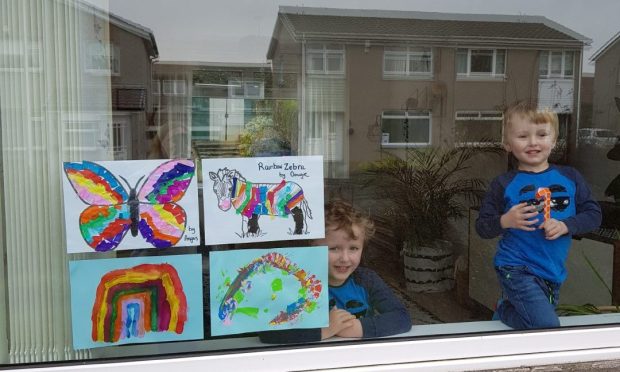There has never been anything conventional about Steve Archibald or his football philosophy.
Most of his Scottish contemporaries would have palled at the prospect of trying to follow in Diego Maradona’s footsteps in the crucible of Camp Nou in Barcelona back in 1984.
Yet Archibald didn’t just accept the challenge, but created his own litany of memories, learned to speak Spanish fluently, and is now at the helm of an energy company which has offered a “hero’s tariff” deal to key workers fighting the coronavirus pandemic.
He never had any thoughts of replacing Maradona, who died last week aged 60. And it’s a feature of his far-travelled career, from Clyde to East Stirlingshire, Aberdeen to Spurs and Barcelona to Hibernian, that he has resolutely refused to confirm to stereotypes.
Quick-witted
Somebody once told me Archibald was “an awkward customer”, but that wasn’t the impression I got when I met him in Edinburgh’s Balmoral Hotel in the 1990.
On the contrary, he was quick-witted, articulate, single-minded and his conversation was a world removed from the po-faced platitudes trotted out by many of his peers.
And it was obvious he held Maradona in something approaching reverence.
As he said: “I never thought I was replacing anyone when I joined Barcelona. Somebody had gone and I was coming in.
“That was just the way it was. I wasn’t coming in to do what Maradona had been doing, because obviously Maradona is extremely special.
“And more special than anyone I have ever seen, before or since. His ability was sublime.”
Trophy winner
None the less, Archibald wasn’t exactly devoid of class or quality in his own right. Or trophies on his CV for that matter.
He had already won the Scottish league title with Aberdeen in 1980, secured two FA Cup victories and exalted in a UEFA Cup triumph.
He was nobody’s second best, either at club level or on international duty, as he demonstrated while amassing 27 Scotland caps and making his debut in a comprehensive 4-1 success over Portugal in 1980: a result which would nowadays be regarded as a minor miracle, but was an indication of how much talent the SFA had at their disposal 40 years ago.
Archibald had his own modus operandi and it paid dividends throughout his career. Even as he donned the No 10 shirt at Barca – a decade after being a trialist at East Stirlingshire – he ignored the hype, greeted the fans in their own language, and blazed his own trail.
He scored twice in a 9-1 demolition of Boca Juniors in the pre-season Joan Gamper trophy and then emphatically endeared himself to the fans by striking the second goal in a 3-0 away victory against Real Madrid in the opening match of the 1984-85 La Liga campaign.
But even then, he refused to indulge in dewy-eyed romanticism.
As he told my former colleague, Alan Pattullo, one of whose ancestors, George, also played for Barcelona more than a century ago, Archibald was never bothered about hogging centre stage.
Top of the Pops
He may be the only person to appear on the same edition of Top of the Pops with two different groups – the Scotland 1982 World Cup squad with B A Robertson and the Spurs FA Cup ensemble with Chas & Dave – but he prefers to deal in pragmatism rather than passion.
As he said of that performance against Real: “It was a tap-in. But if the ball hits the back of the net, that’s what gets you the points.
“I was more than happy to score ugly goals and leave the spectacular ones to other people, because the spectacular ones don’t come around very often.
“In the end, it is the little goals that win leagues. But you can do it like me or you can do it like Maradona.”
The policy worked. Not even the Argentine star’s pyrotechnics could bring an end to Barca’s title drought.
But Archibald’s incisive contributions were instrumental in the Spanish giants surging to the championship – only their second in the space of 24 years.
He was similarly hard-headed in his attitude to wearing the number 10 when his manager Terry Venables asked him if he was okay with that option.
Since he didn’t have a time machine and couldn’t rewrite history, he figured that he might as well generate his own headlines and it wasn’t too long before the Barcelona supporters had christened him Archigoles.
Lead balloon
He recalled: “It was like the No 10 shirt was infected. Nobody else would take it. But I did not have any phobias about it at all.
“That is a load of nonsense. Whoever it is eventually takes over from Lionel Messi, they would never step on the pitch if they behaved like that – they would be petrified.”
That’s a word one would never associate with this redoubtable individual who was once told by Alex Ferguson to return a football which Archibald had claimed after scoring a hat-trick.
He eventually complied – but only after booting the sphere into Ferguson’s office.
Which, as you might expect, went down like a lead balloon.
Not that Archibald hung around at Pittodrie.
The lure of England beckoned and then Spain.
Nobody’s pretending for an instant that the peripatetic Scot possessed the same stellar gifts as the South America bullfighter, who inspired his nation to the World Cup in 1986, but even their chalk-and-cheese temperaments were fascinating.
Maradona, for instance, marked his arrival at Camp Nou by picking up an orange from the bowl of fruit which had been placed on a table in the training area and playing keepie-uppie with it, prior to replicating the same tricks with a pair of rolled-up socks.
Archibald, on the other hand, remarked: “My most flamboyant act was managing not to sweat when I shook each player’s hands in the dressing room.”
And yet, Barcelona were indebted to his presence and there’s even a sense of what might have been, given the injuries which disrupted his later time at the club.
He was forced to watch from the stands when Dundee United eliminated Barca from the UEFA Cup with a 1-0 win at Tannadice on March 4 1987 and a stunning 2-1 success with two goals in the last five minutes in Spain a fortnight later.
And, although he returned to the ranks, and formed a potent partnership with Gary Lineker, change was in the air with the departure of Venables and Archibald subsequently went on loan to Blackburn Rovers and followed that up with a move to Hibs.
However, he still achieved a haul of 42 goals in 95 matches and established such a powerful rapport with the club, their fans and the city itself he has made it his permanent home.
Managing a new challenge for Steve
Steve Archibald has been involved in a variety of different roles since he retired from football, including leading East Fife in a managerial capacity to the First Division.
In 2000, he mounted a bid to buy financially troubled Airdrieonians and was allowed to take over the running of the club, after being awarded preferred bidder status by the administrators.
He became manager and, deploying his contacts in Europe, created a little Spanish settlement in the west of Scotland. It caused a few raised eyebrows from parochial observers, but victory in the Scottish Challenge Cup briefly silenced the detractors.
However, he failed to conclude the purchase of the club and Airdrie eventually went out of business in May 2002, as the prelude to the formation of a new organisation, Airdrie United.
Fuelling the key workers
Archibald has watched from his base in Barcelona as the world has grappled with COVID-19.
A few years ago, he founded a company called FC Energia, linking football to supporters’ gas or electricity supplies and the idea has proved so successful that the firm has now become a partner of a dozen clubs across Spain.
However, Archibald spent many hours on his terrace throughout the summer and realised some things were more important than football. He marvelled at the unstinting work being done by doctors, nurses, ambulance staff and other health employees and decided he had to help.
As he told ESPN: “It was a feeling inside me: ‘I wish there was something we could do’.
“And what I could do was give them their energy. I don’t make money from them, not a penny, but I am not worried about that.
“I called it the tarifa heroe (hero’s tariff) and it isn’t an offer. It is a thank-you.”
As we mentioned at the start, this is not your average footballer!
